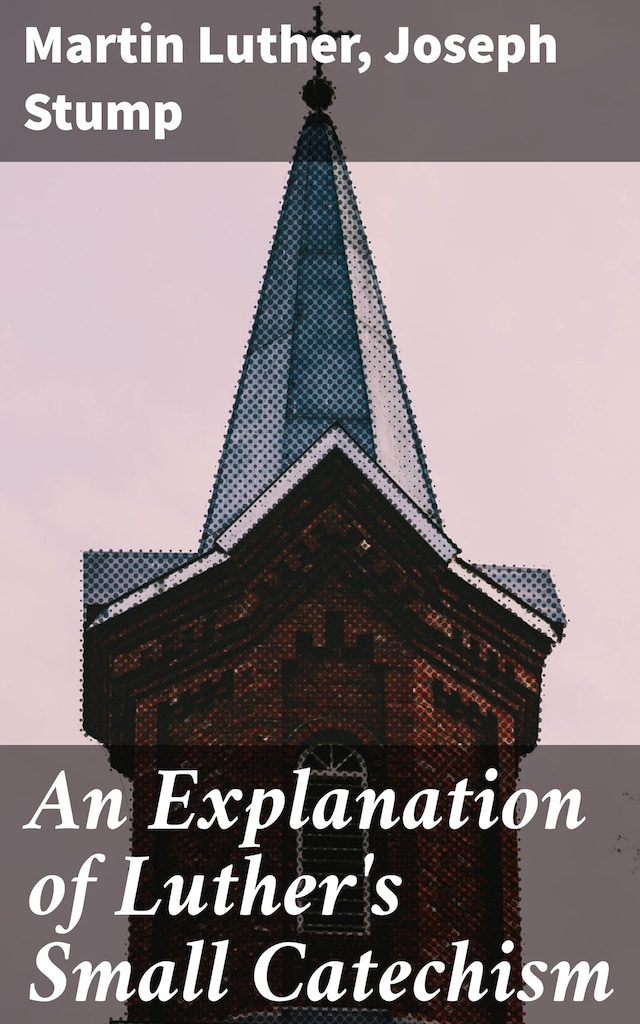
An Explanation of Luther's Small Catechism
Unpacking Faith and Scripture: A Deep Dive into Lutheran Theology
Om bogen
An Explanation of Luther's Small Catechism is a seminal collection that bridges centuries of theological discourse, presenting the foundational principles of Lutheranism in a comprehensive and engaging manner. This anthology spans a broad range of literary styles, from the doctrinal assertions and interpretations of Martin Luther, the seminal figure of the Protestant Reformation, to the more contemporary elucidations by Joseph Stump, which seek to make Luther's teachings accessible to modern readers. The collection stands out for its deep dive into core Christian tenets faith, sacrament, and scripture unpacked through Luthers Small Catechism, bringing to light the enduring relevance of Luthers work in today's theological landscape. The contributors, Martin Luther and Joseph Stump, come from starkly different periods, yet their collective works within this anthology illustrate the dynamic evolution of Lutheran theology. Luther, as the revolutionary monk who challenged the Catholic Church, and Stump, a 20th-century theologian, provide a unique juxtaposition that reflects the historical and cultural shifts within Christianity and specifically Lutheranism. This anthology not only aligns with but also enriches the ongoing dialogue between past and present theological thought, highlighting the adaptability and persistence of Luther's teachings across generations. An Explanation of Luther's Small Catechism is a must-read for those interested in the foundational aspects of Lutheran doctrine and the evolution of Christian thought. The anthology offers readers a unique opportunity to explore the depth and breadth of Lutheran theological principles through the eyes of two key figures who have shaped its discourse. This collection is especially recommended for scholars, theologians, and students of religious studies, providing a rich educational resource that fosters a deeper understanding of Luther's work and its impact on Christian theology and practice across centuries.
 169 Sider
169 Sider